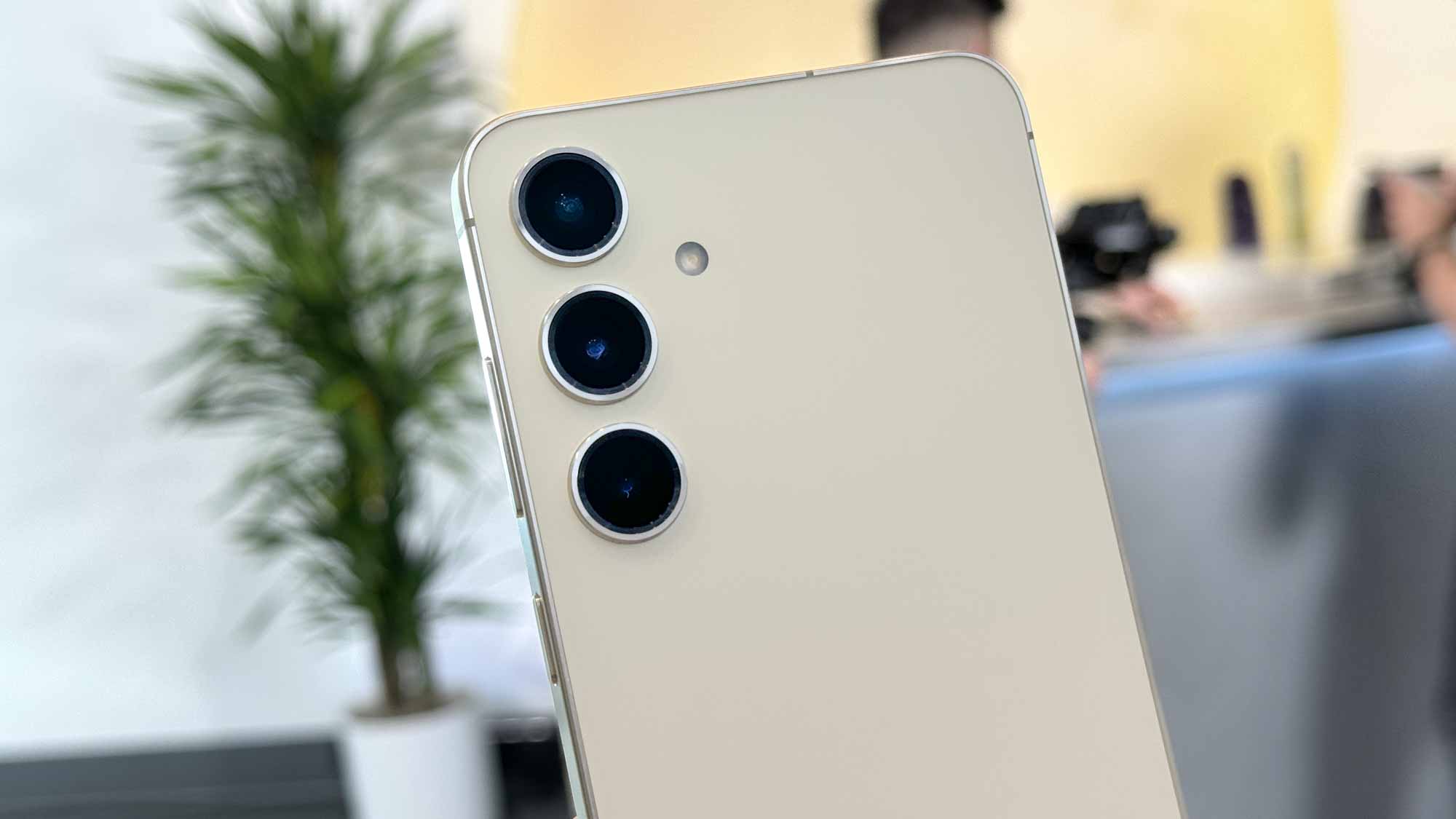
A pair of reports out from Korean publications suggest that the Samsung Galaxy S25 series is going to see a price hike next year, at least in Korea.
The reports spotted by tipster Jukanlosreve come from the publications Yonhap News and The JoongAng. Both reports (machine translated) suggest price hikes are coming but the amount is different between the two.
Both articles blame current political turmoil in Korea for the potential price increases.
The Yonhap report claims a slight increase mostly due to exchange rates for South Korea's won, which may increase prices on imported parts for Samsung's flagship handsets. In Korea the Galaxy 24 Ultra started at 1,698,400 won or about $1,180 USD. The exchange rate has increased to 1,450 won to $1 USD. YonHap did not speculate on how big the 'slight' increase might be outside of the exchange rate issues.
The Exynos 2400 version of the S24 and S24 Plus were the same price as the as the S23 versions while the Snapdragon 8-powered S24 Ultra saw a price increase of 100,00 won ($70), which aligns with the $100 increase the Ultra saw in the United States.
During a conference call in July, Daniel Araujo, head of planning at Samsung Electronic said, "there are concerns about decreased profitability due to the continued increase in the unit price of major components, but we are continuing to pursue an 'upselling' strategy to grow sales centered on premium products in order to minimize the burden."
The JoongAng reports that Taiwan's TSMC, a foundry giant making chips for many companies including Qualcomm, Apple and Google, commented on the instability in Korea suggesting that it might hurt Samsung. The founder, Dr. Morris Chang, said, "(Korea's) recent political turmoil will not help the company's management at all."
That report also cites the poor exchange rate of the won as potential problem for Samsung. Though, it does point out that Samsung is making investments in building semiconductor factories in the U.S. via a partnership with the Biden administration utilizing fixed contracts that may help them avoid some exchange rate fallout.
Where the JoongAng differs is in suggesting that the domestic price of the Galaxy S25 will raise by 150,000 won (about $105 USD).
"Since the overseas average selling price (ASP) of Samsung smartphones is lower than the domestic market, even if the exchange rate rises, the effect (of Samsung’s overseas sales on profitability) will be limited, so they will have no choice but to adjust the domestic price," an insider told JoongAng.
What could this mean for Galaxy S25 prices in U.S.?
It's already been suggested that the price of the Galaxy S25 Ultra will be higher next year for a number of reasons, beyond the current political issues in Korea.
Inflation in general has lead to price increases across the board and there does not seem to be an end in sight.
The bigger issue is the cost of the Qualcomm Snapdragon 8 Elite chipset which has been reported to be 25 to 30% more expensive than the Snapdragon 8 Gen 3 currently in the best Android phones.
Samsung has reportedly struggled with its own Exynos chipset, which may have defrayed some of the costs, but the new Qualcomm chip is expected to power the entire S25 lineup.
As suggested above, apparently, the Galaxy sells for lower prices in other countries, so it's not a guarantee that Samsung raises prices outside of Korea.
However, as it currently stands, it's looking more and more likely that picking up next year's flagship Android phone will hit your wallet harder than previous years.







